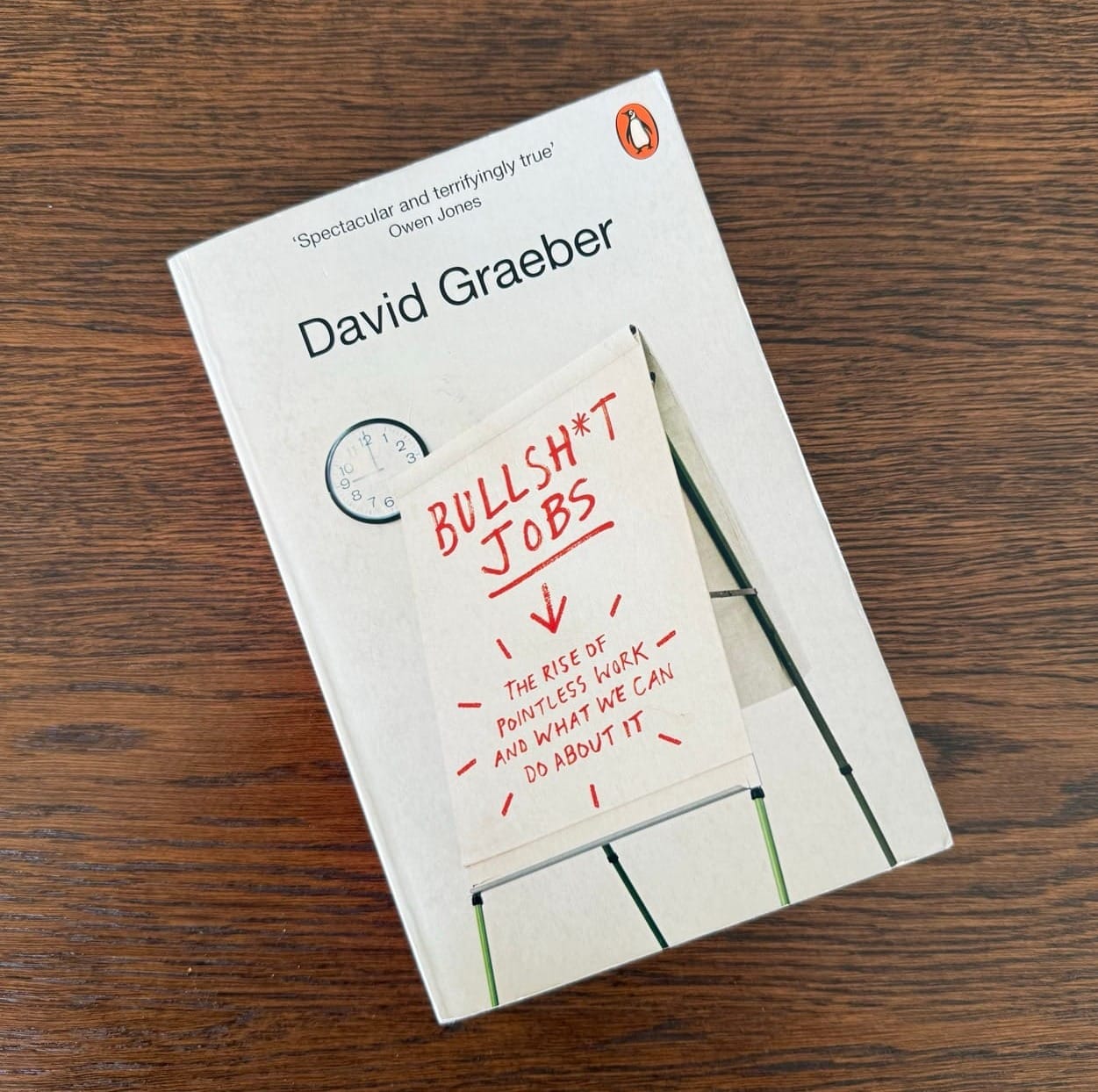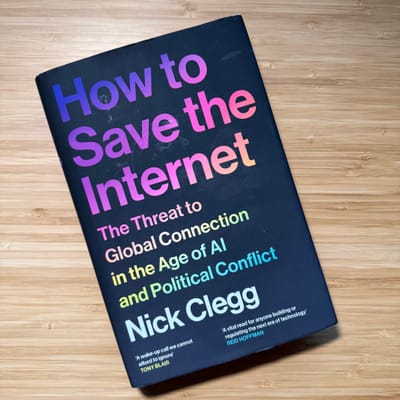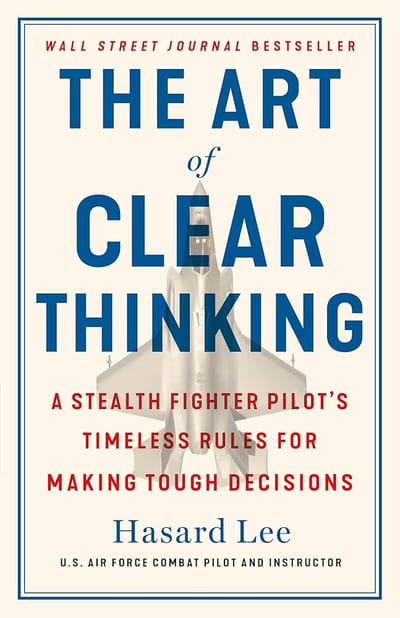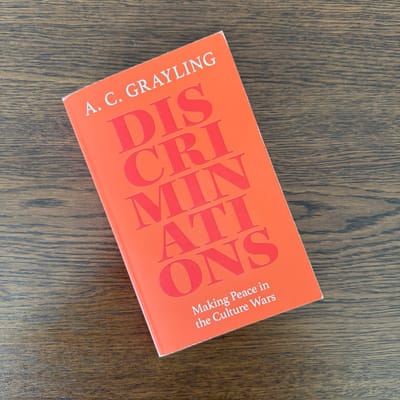Why Your Job Feels Pointless, And What To Do About It

Do You Secretly Think Your Job Is Pointless?
David Graeber’s book Bullshit Jobs: A Theory struck a nerve.
He claims millions of people are stuck in jobs they secretly believe shouldn’t exist. Not bad jobs. Not boring jobs. But jobs that serve no useful purpose at all.
If that sounds extreme, keep reading.
I'm breaking down the big ideas from Graeber’s book - so you can decide for yourself.
What Is a Bullshit Job?
Graeber defines a Bullshit job like this:
A form of paid employment that is so completely pointless, unnecessary, or pernicious that even the employee cannot justify its existence—even though, as part of the conditions of employment, the employee feels obliged to pretend that this is not the case.
In other words: it’s not you that’s the problem. It’s the system.
The 5 Types of Bullshit Jobs
Graeber interviewed hundreds of workers across multiple sectors. He noticed a pattern, pointless jobs tend to fall into five categories:
- Flunkies. Make others feel important. Receptionists, admin staff who exist only for show.
- Goons. Advance the employer’s interest in aggressive or manipulative ways. Lobbyists, PR, telemarketers.
- Duct Tapers. People who patch problems that shouldn’t exist in the first place. Manual workarounds that hold processes together, fixing broken workflows no one addresses.
- Box Tickers. Roles that create the illusion of progress. Filling out forms no one reads, managing KPIs no one uses.
- Taskmasters. Managers for people who don’t need managing - or who create more bullshit work. Micromanagers, unnecessary team leads.
None of these roles are inherently evil. The issue is pointlessness. Even people in these jobs often say: “If I didn’t turn up for a week, nothing would change.”
Why Do These Jobs Exist?
You’d think capitalism would eliminate inefficiency.
Graeber argues the opposite.
- Managerial status games. Some leaders or managers hire more people to look powerful - regardless of need.
- Moral beliefs. Society shames people who don’t work. So we’d rather people pretend to work than have free time.
- Broken incentives. Bureaucracies reward busywork and budget-maximising, not usefulness.
- Cultural inertia. We don’t question jobs that look like “work”. Even when they don’t do anything.
Graeber calls it managerial feudalism, a bloated system where power and control matter more than impact. We've all seen this, and worked in places that we've thought of as 'feudal'.
What It Does to People
This is the bit that worried me the most. The impact that bullshit jobs have on workers.
Many bullshit job holders aren’t lazy. They want to do something useful.
But being stuck in a meaningless role comes at a cost:
- Mental health issues
- Feelings of shame or self-doubt
- Disconnection from purpose
- Quiet cynicism at work
Graeber calls this a form of 'spiritual violence.' People are paid to pretend something pointless is meaningful - and this gradually wears people down.
A Hidden Irony
While millions feel trapped in fake jobs…
The people doing genuinely useful work - nurses, carers, teachers are often underpaid, overworked, and undervalued.
Graeber calls this 'moral inversion'.
The more your work helps people, the less society wants to pay you for it. Graeber includes data and tables to explain inversion.
What Can We Do About It?
Graeber believes in bold, systemic change.
His main suggestion is Universal Basic Income (UBI) - so people don’t have to fake productivity just to survive. I wrote a little about UBI before, and there is plenty of scientific/social proof of the effectiveness of the system to lift people up.
Maybe it's the revolutionary fix to work that we need?
But short of revolution, here are three questions worth asking:
- Does your work have visible, real-world impact?
- If your role disappeared tomorrow, who would notice, and why?
- If money weren’t a factor, what would you want to be doing?
If you want to think more about purpose - then I'd recommend Moral Ambition by Rutger Bregman.
Final Takeaway
Bullshit Jobs isn't just a takedown of corporate life, there are plenty of those to read. I saw this book as more of a call to action:
Stop pretending.
Start questioning.
Choose work that actually matters.
That’s a conversation worth having.







Member discussion